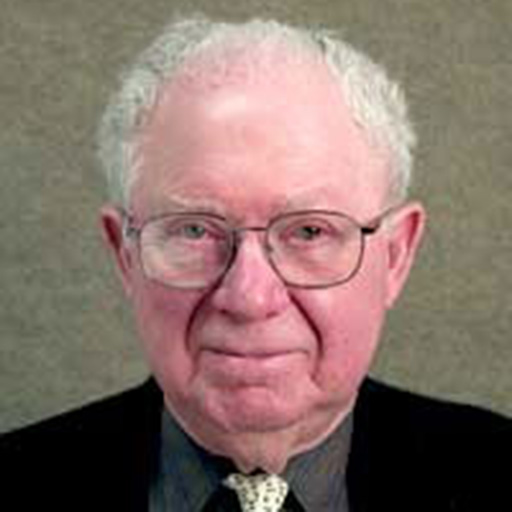
Gerald Estrin
Trustee, Deceased
Gerald Estrin was a computer scientist and professor at the University of California, Los Angeles (UCLA), known for his influential work in computer architecture and reconfigurable computing. At UCLA he led the Machine Instruction Set Computer (MISC) and later the “reconfigurable processor” projects, both of which explored modular architectures and the idea that computer hardware could dynamically adapt itself to the needs of software—concepts that anticipated later developments in parallel processing and programmable hardware.
Estrin’s work at UCLA helped establish one of the earliest and strongest computer science programs on the West Coast. He supervised generations of graduate students and collaborated widely across the fields of architecture, design methodology, and embedded systems. Many of his ideas about modularity, partitioning, and hardware-software co-design have had lasting influence across digital system engineering.
He also held senior roles in national initiatives, including service on advisory boards for the National Science Foundation and other agencies supporting advanced computing research. His collaborations with his wife, Thelma Estrin—herself a major figure in biomedical computing—formed one of the most distinguished scientific partnerships of early computer science.
Gerald Estrin’s career stands out for bridging theory and practice, pioneering architectural concepts, and helping train many of the engineers who shaped late-20th-century computing.

